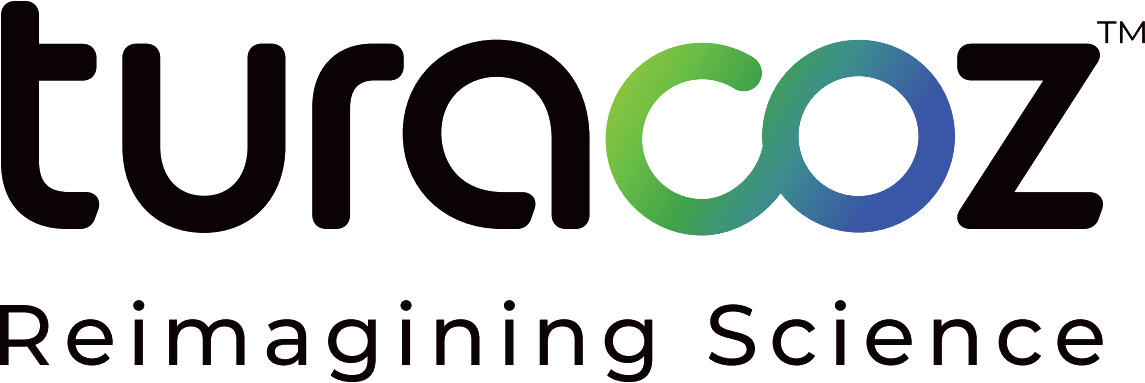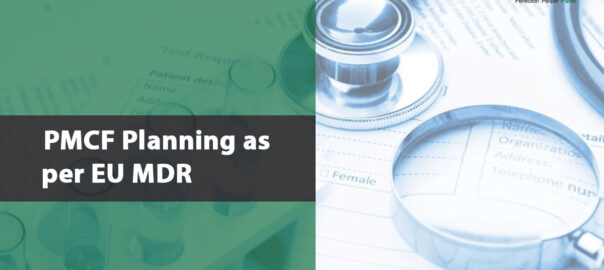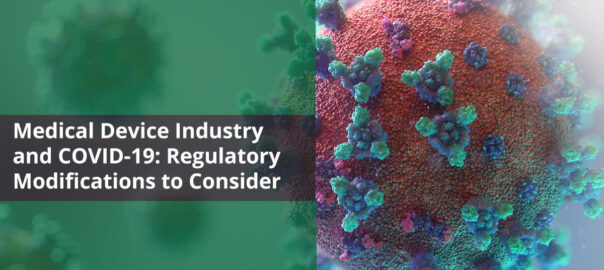As the Medical Device Regulation (MDR) deadlines are approaching for re-certification and/or introduction of new products, manufacturers are also working to start or fulfil the Post-market Clinical Follow-up (PMCF) activities as per requirements set out in Annex XIV, part B of the MDR.
The Annex states “PMCF shall be understood to be a continuous process that updates the clinical evaluation referred to in Article 61 and Part A of this Annex and shall be addressed in the manufacturer’s post-market surveillance plan”.
The purpose of PMCF is:
a) to gather information regarding:
- rare complications
- clinical observations only seen in a larger user/patient population
- clinical observations only seen after long-term use of the device
b) verification of clinical risk-benefit analysis conclusions
PMCF requirements as per EU MDR
A successful PMCF plan ensures that safety and performance results are continuously available to the market. PMCF should be carried out to proactively collect and evaluate clinical data per the method laid out in the PMCF plan which aims at:
- confirming the safety and performance throughout the product lifecycle
- identifying risks and previously unknown side-effects while continually monitoring already identified side-effects and contraindications,
- ensuring the continued acceptability of the benefit-risk ratio, and
- identifying off-label uses of the device, while ensuring the intended purpose is correct in the environment it is supposed to be used.
If through PMCF, the need for preventive and/or corrective measures has been identified, the manufacturer must implement them and update the post market surveillance report accordingly.
Therefore, PMCF plan specifies the methods and procedures that will be used to proactively collect and evaluate clinical data in relation to the product’s safety as well as clinical performance.
PMCF Planning Pitfalls
Some of the most common pitfalls in planning a prospective clinical PMCF plan are:
a) Time-consuming ethical approval
Overall delay in planning a PMCF study might happen due to requirement of approval from ethical committees, which can be a time-consuming task as requirements may vary from country to country.
b) GDPR Compliance
The GDPR is a comprehensive regulation which can help identify the safety, performance, and risk profile specific to your device. The key to compliance lies in selecting systems that guarantee the correct security and safety measures and obtaining clear informed consent from respondents/patients.
c) Key Opinion Leaders
It is important to collaborate with a network of key opinion leaders in the region you are seeking approval as conducting as planning a PMCF study requires correct and relevant data reported to ensure the safety and performance profile of the device is rightly captured. Clinical experts in the region can help assess and guide these requirements as they have expertise in the filed due to their exposure to working with such devices.


